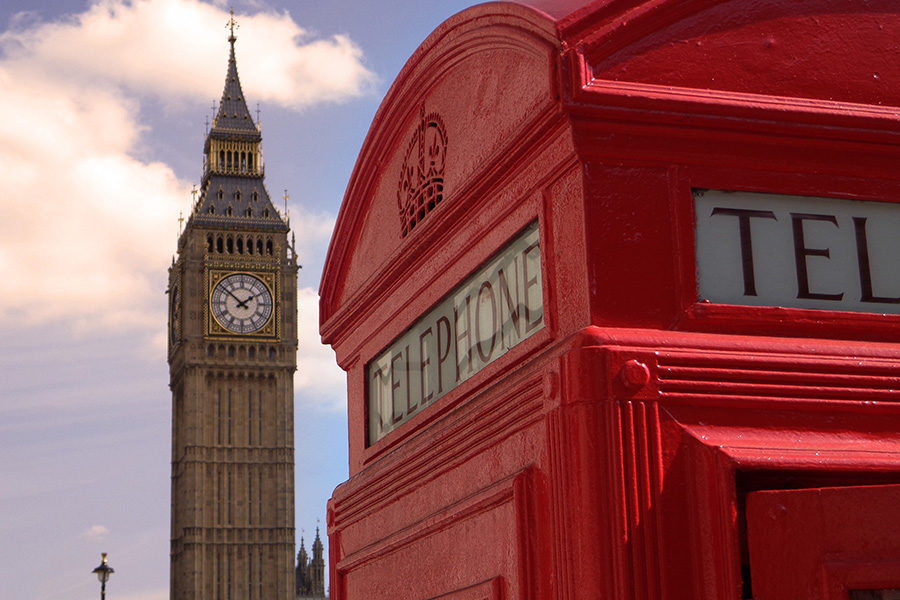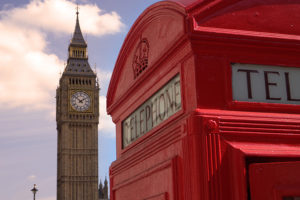Gambling in the UK: study observes increase in ads on Premiere League’s first weekend

A report by the University of Bristol observed around 30,000 gambling ads across TV, radio and social media.
UK.- A new study from the University of Bristol has raised concerns about the ongoing presence of gambling adverts around English football. The report identified close to 30,000 gambling adverts on TV, radio and social media on the opening weekend of the Premier League, almost three times the number observed over the same period last year.
A team of ten researchers, funded via a grant from GambleAware, studied adverts across media from the opening day of the new season on August 16 until August 19. Some 29,145 gambling adverts were observed, which compares to 10,999 during the opening weekend last year. The researchers include stadium hoardings and shirt logos in their count.
The researchers analysed around 24 hours of live match coverage, 15 hours of Sky Sports News coverage, 15 hours of TalkSport radio, as well as gambling advertising posted on Instagram, Facebook and X over the dates in question.
The biggest increase was seen on television. There the researchers noted a 240 per cent year-on-year rise in ads to 23,690 over six televised matches. West Ham United vs Aston Villa saw the highest number of messages at 6,491, surpassing previous highs of around 3,500 per match.
The report also questioned the effectiveness of the Betting and Gaming Council’s much-touted “whistle-to-whistle ban” on gambling ads, noting that some 10,000 of the gambling messages observed were seen during play.
Concerns over content marketing
It also raised concerns about social media ads and their potential impact on minors. It found that gambling adverts on social media, including content marketing, were viewed over 24 million times. It warned that content marketing in particular could be dangerous for minors because it was not obviously identifiable as advertising. The researchers say they reported 100 such adverts to the Advertising Standards Authority (ASA) for breaching rules since they were not clearly identifiable as ads.
The Premier League has agreed to voluntarily ban front-of-shirt gambling sponsorship from 2027, but other ad placements will be unaffected by the ban. Dr Raffaello Rossi, co-lead author of the study, suggested that more measures were necessary because the study showed that gambling ads were “out of control”.
She said: “This new evidence shows how much the industry is out of control, with gambling ads now flooding Premier League coverage. Just a few months ago, a new code of conduct was published by the industry to curb marketing during sporting events, but the policy has had no impact on the volume whatsoever.
“It’s clear that the industry’s attempt to self-regulate is wholly inadequate and tokenistic. Despite having had years to put in place effective measures to protect consumers, the gambling industry continues to prioritise profit over safety.”
She added: “We must stop relying on ineffective self-regulation, which is designed to fail, and use existing legislation to restrict gambling marketing like most of our European counterparts. The secretary of state has all the legal authority to act on this now.”
Politicians respond
The results of the study have been picked up by Lord Foster of Bath, chair of the House of Lords’ Peers for Gambling Reform group and a fierce critic of gambling advertising. He said: “These statistics reveal the woeful inadequacies of industry self-regulation. Despite the purported whistle-to-whistle ban, we continue to see games saturated with gambling advertising, sponsorship and marketing messages.”
Lord Bath recently raised concerns about the use of memes in gambling advertising on social media. His concerns led the ASA to confirm that it is investigating the matter.

Sir Iain Duncan Smith MP, former vice chair of the Gambling Harms All Party Parliamentary Group (APPG), also commented. He said: “This appalling evidence shows us that, as I warned previously, the industry could not be trusted to regulate itself. Sadly, the regulators are toothless and as a result we are all being flooded with adverts that the vast majority of us do not want to see.”
Meanwhile, the ASA has banned adverts for five social casino brands for giving the impression that players could win and withdraw real-world money. The ads all ran on the social media platform TikTok.
The ASA said that the adverts investigated were misleading since they made no clarification that they were social casino games, potentially leading customers to believe they could win real-world money. The brands involved were SpinX Games, Dataverse Co, Huuuge Global Limited, Mobee Co and Zeroo Gravity Games LLC.











